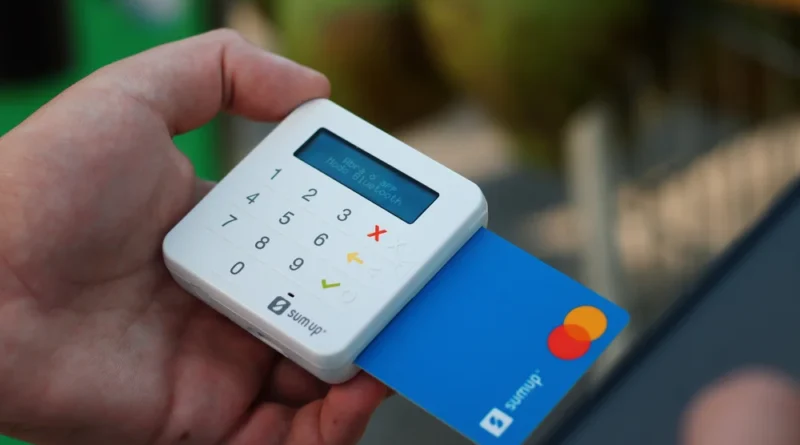What To Do If Your Credit Card Application Is Denied
In the age where financial independence and credibility revolve largely around our ability to manage and repay debts, a denied credit card application can feel like a significant setback. Especially when you have major expenses looming overhead, like credit card debt, having an additional line of credit may seem like a necessary lifeline. But it’s essential to remember that being denied isn’t an apocalyptic event. It’s a situation faced by numerous people, even those who are meticulous with their finances. Understanding why it happens and how to respond can ease the stress and even steer you toward better financial habits.
Why Was Your Application Denied?
There are numerous reasons why a credit card application might be rejected. Some reasons include:
- High Credit Utilization: This refers to the amount of your credit limit you’re currently using. If it’s high, lenders might think you’re over-relying on credit.
- Recent Negative Financial Events: These might include defaults, late payments, or recent bankruptcies.
- Too Many Recent Inquiries: Applying for numerous cards in a short span can raise red flags.
- Mismatch Between Credit Score and Card Requirements: Some premium cards require an exceptionally high credit score.
- Errors on Your Credit Report: Sometimes, it’s not your financial habits but errors on your credit report that result in a denial.
Steps To Take After Denial
- Understand the Reason: Lenders are obligated by law to provide you with a reason for the denial. This can be a valuable insight into areas of your financial life that need attention.
- Check Your Credit Report: It’s wise to regularly review your credit report for any discrepancies. If you discover errors that might have led to your application being denied, you can dispute them. AnnualCreditReport.com offers free yearly reports from the major credit bureaus.
- Reevaluate Your Credit Needs: It’s tempting to dive back into another application, but it’s essential to pause and reflect. If you’re grappling with high credit card debt, perhaps it’s time to consider alternative strategies to manage it, such as debt consolidation or debt relief.
- Build Your Credit Score: Consider ways to boost your creditworthiness. This might include paying off outstanding debts, avoiding late payments, and not applying for new credit for a while.
- Apply for a Different Card: If your creditworthiness simply didn’t match the card you applied for, consider a card tailored to your current credit score. Many institutions offer cards for individuals rebuilding or building their credit.
Preventing Future Denials
While there’s no foolproof method to ensure approval, these proactive measures can heighten your chances:
- Research Before Applying: Instead of applying for multiple cards and hoping for the best, thoroughly research potential credit cards to see which ones align with your credit score and spending habits.
- Limit Hard Inquiries: Every time you apply for credit, a hard inquiry is placed on your report. Numerous inquiries can decrease your score. Spread out your credit applications.
- Regularly Monitor Your Credit: Stay aware of your credit score and report. By actively monitoring, you can take prompt action on any issues that arise.
- Establish a Diverse Credit Mix: Lenders like to see various types of credit on your report, such as retail accounts, installment loans, and mortgages. However, only open accounts that make sense for your financial situation.
In conclusion, while a credit card application denial can feel discouraging, it’s a recoverable event. By understanding the underlying reasons, taking corrective measures, and being proactive in your financial decisions, you can place yourself in a favorable position for future approvals. Remember, setbacks can often be the stepping stones to better financial understanding and habits. Stay informed, stay proactive, and you’ll find the right credit fit for your needs.




